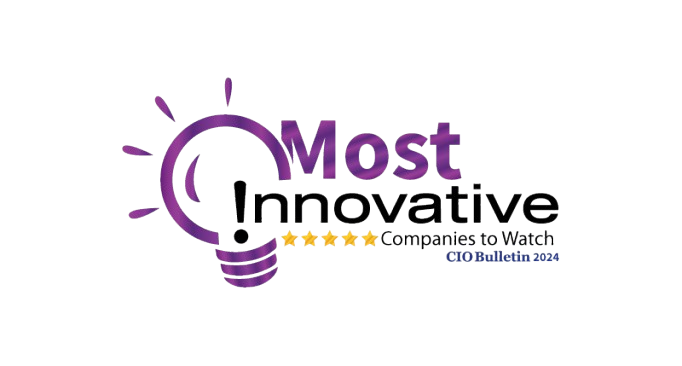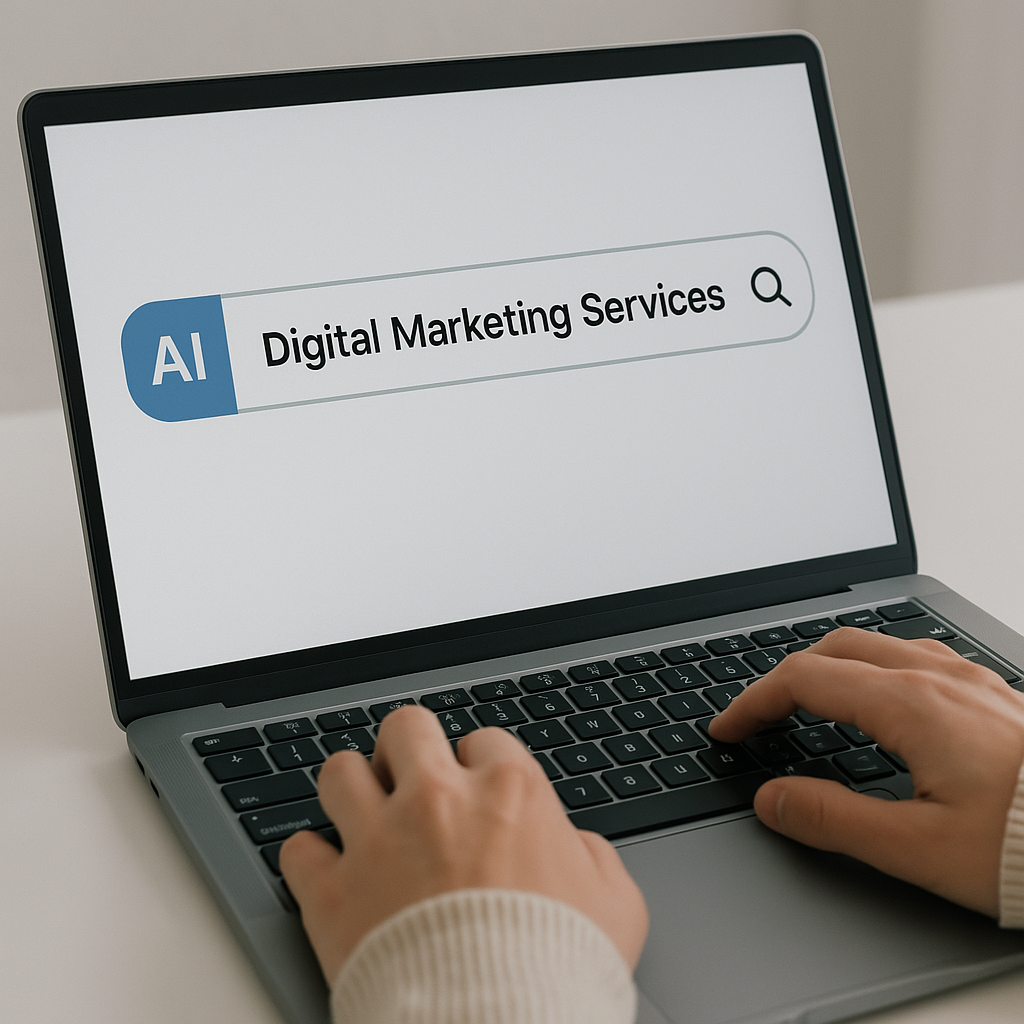Data-Driven Marketing: Proven Strategies for Maximizing ROI
June 3, 2023
In today's digital age, data is an invaluable resource that businesses can leverage to gain a competitive edge. By adopting data-driven marketing strategies, companies can make informed decisions, optimize their marketing campaigns, and maximize their return on investment (ROI). In this article, we will explore the power of data-driven marketing and discuss proven strategies that can help businesses achieve remarkable results.
Customer Segmentation
Data-driven marketing begins with understanding your target audience. By analyzing customer data, such as demographics, behavior, and preferences, businesses can segment their audience into distinct groups. This segmentation enables tailored marketing campaigns that resonate with specific customer segments, resulting in higher engagement and conversion rates.
Personalization Once customer segments are defined, personalization becomes key. By utilizing data to deliver personalized experiences across various touchpoints, businesses can enhance customer satisfaction and drive higher conversions. Personalized recommendations, dynamic content, and targeted advertising are just a few examples of how data-driven personalization can create meaningful interactions with customers.
Predictive Analytics Predictive analytics utilizes historical data to forecast future outcomes and trends. By leveraging advanced algorithms and machine learning techniques, businesses can anticipate customer behavior, identify potential opportunities, and make data-backed decisions. This proactive approach enables companies to optimize their marketing strategies, allocate resources effectively, and stay ahead of the competition.
A/B Testing Data-driven marketing empowers businesses to experiment and refine their campaigns through A/B testing. By comparing different variations of marketing assets, such as headlines, visuals, and calls-to-action, companies can identify the most effective elements that drive desired customer actions. A/B testing allows for continuous optimization, ensuring marketing efforts are fine-tuned for maximum impact.
Attribution Modeling Accurately attributing marketing success to specific channels or touchpoints is crucial for optimizing resource allocation. With data-driven attribution modeling, businesses can determine the contribution of each marketing channel in the customer journey, enabling them to invest in the most effective channels and eliminate wasteful spending. This approach ensures that marketing budgets are allocated to activities that generate the highest ROI.
Customer Lifetime Value (CLV) Analysis Understanding the long-term value of each customer is vital for strategic decision-making. Data-driven CLV analysis helps businesses identify high-value customers, develop personalized retention strategies, and allocate resources accordingly. By focusing on maximizing CLV, companies can cultivate customer loyalty, drive repeat purchases, and improve overall profitability.
Conclusion Data-driven marketing is revolutionizing the way businesses connect with their customers and achieve remarkable results. By harnessing the power of customer data, companies can segment their audience, personalize experiences, make data-backed decisions, optimize campaigns through A/B testing, attribute marketing success accurately, and maximize customer lifetime value. These proven strategies enable businesses to optimize their marketing efforts, drive higher ROI, and ultimately gain a competitive advantage in the digital landscape. Embracing data-driven marketing is not just an option but a necessity for businesses looking to thrive in today's data-rich world.
Personalization Once customer segments are defined, personalization becomes key. By utilizing data to deliver personalized experiences across various touchpoints, businesses can enhance customer satisfaction and drive higher conversions. Personalized recommendations, dynamic content, and targeted advertising are just a few examples of how data-driven personalization can create meaningful interactions with customers.
Predictive Analytics Predictive analytics utilizes historical data to forecast future outcomes and trends. By leveraging advanced algorithms and machine learning techniques, businesses can anticipate customer behavior, identify potential opportunities, and make data-backed decisions. This proactive approach enables companies to optimize their marketing strategies, allocate resources effectively, and stay ahead of the competition.
A/B Testing Data-driven marketing empowers businesses to experiment and refine their campaigns through A/B testing. By comparing different variations of marketing assets, such as headlines, visuals, and calls-to-action, companies can identify the most effective elements that drive desired customer actions. A/B testing allows for continuous optimization, ensuring marketing efforts are fine-tuned for maximum impact.
Attribution Modeling Accurately attributing marketing success to specific channels or touchpoints is crucial for optimizing resource allocation. With data-driven attribution modeling, businesses can determine the contribution of each marketing channel in the customer journey, enabling them to invest in the most effective channels and eliminate wasteful spending. This approach ensures that marketing budgets are allocated to activities that generate the highest ROI.
Customer Lifetime Value (CLV) Analysis Understanding the long-term value of each customer is vital for strategic decision-making. Data-driven CLV analysis helps businesses identify high-value customers, develop personalized retention strategies, and allocate resources accordingly. By focusing on maximizing CLV, companies can cultivate customer loyalty, drive repeat purchases, and improve overall profitability.
Conclusion Data-driven marketing is revolutionizing the way businesses connect with their customers and achieve remarkable results. By harnessing the power of customer data, companies can segment their audience, personalize experiences, make data-backed decisions, optimize campaigns through A/B testing, attribute marketing success accurately, and maximize customer lifetime value. These proven strategies enable businesses to optimize their marketing efforts, drive higher ROI, and ultimately gain a competitive advantage in the digital landscape. Embracing data-driven marketing is not just an option but a necessity for businesses looking to thrive in today's data-rich world.
Featured Resources
Check Our Latest Resources

Proven ROI has been recognized as one of the Most Innovative Companies to Watch 2024 by CIO Bulletin—a testament to the company’s forward-thinking approach to CRM investments and strategic partnerships. By working closely with leading CRM platforms like HubSpot, Proven ROI is revolutionizing how businesses manage customer relationships, scale their operations, and drive growth.



